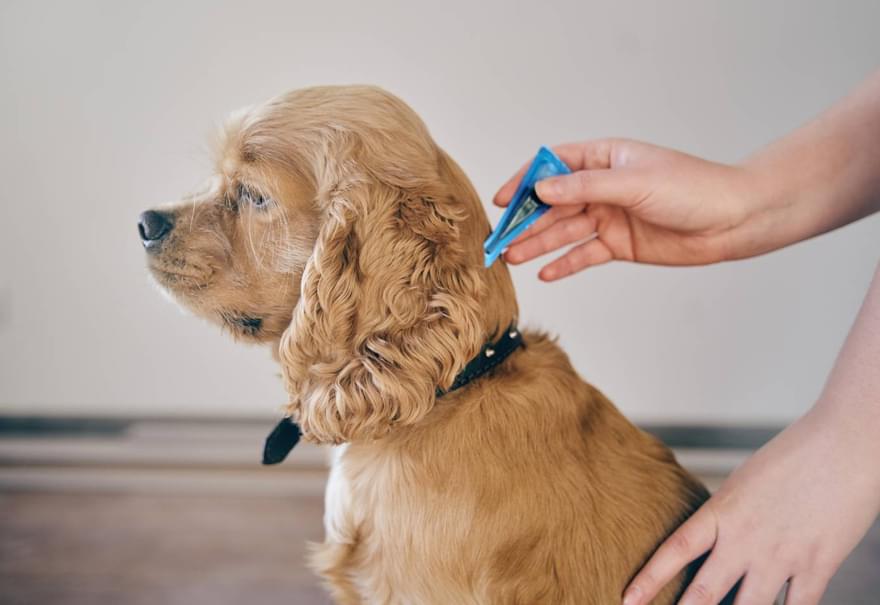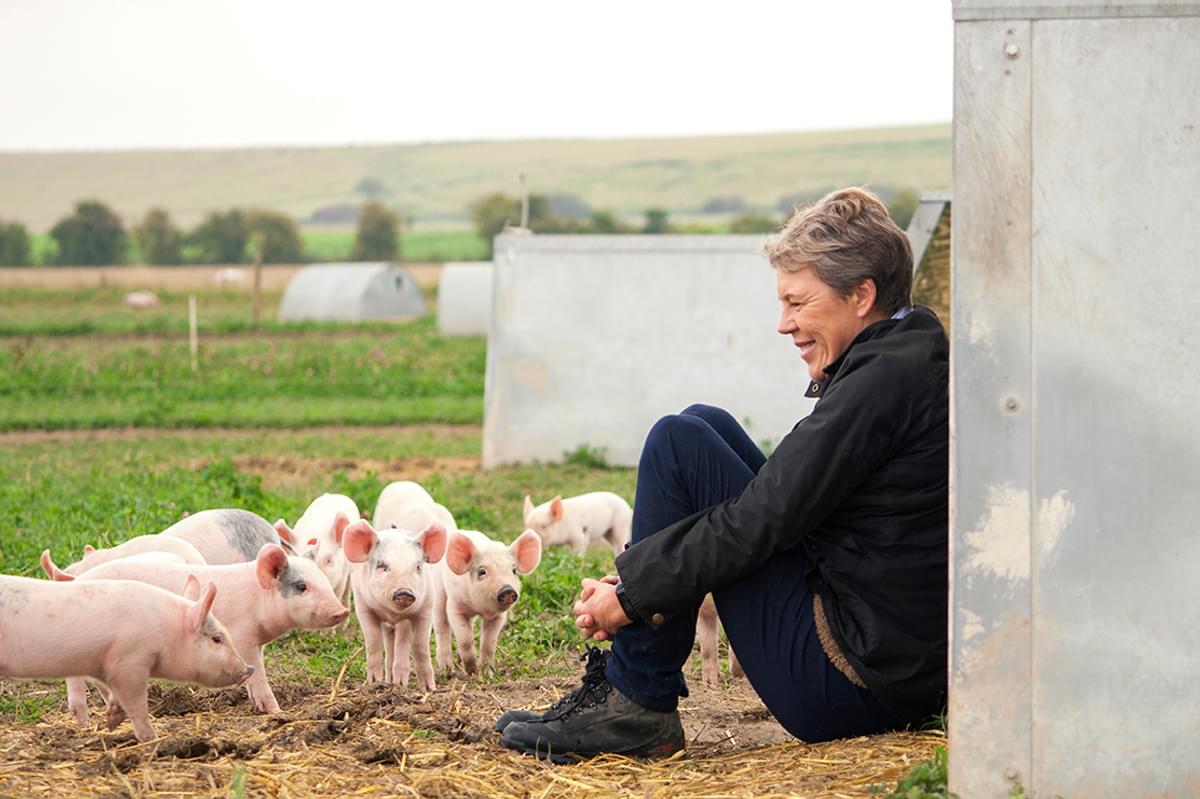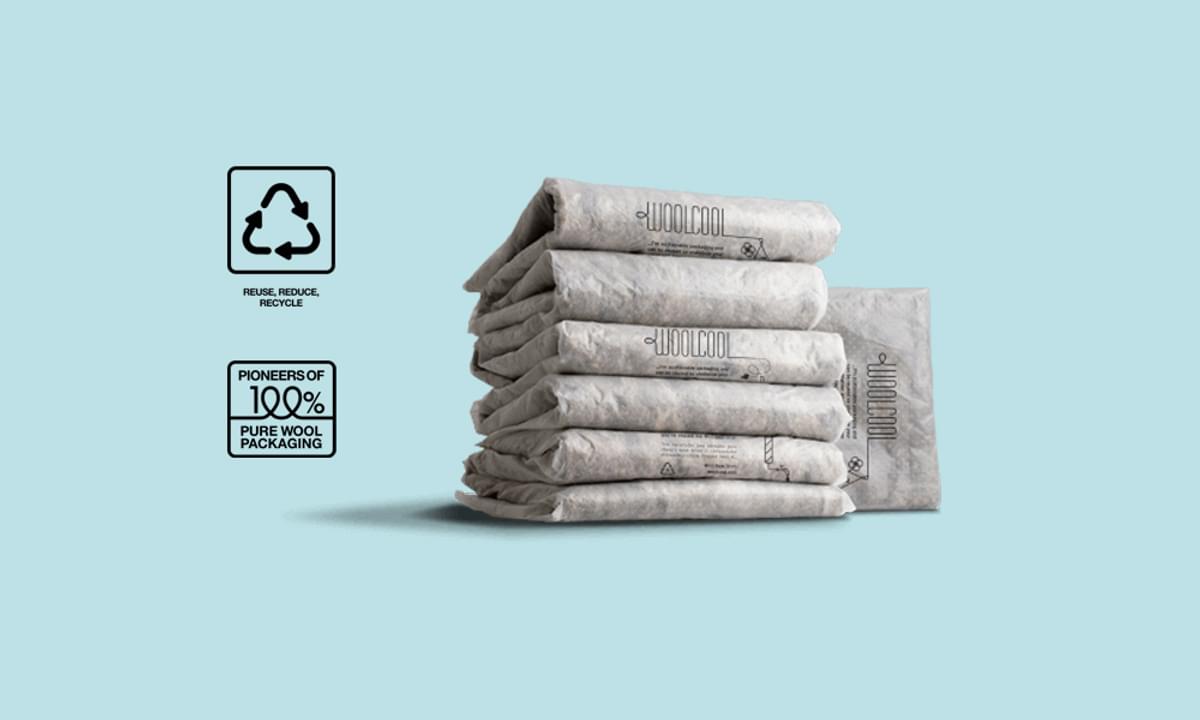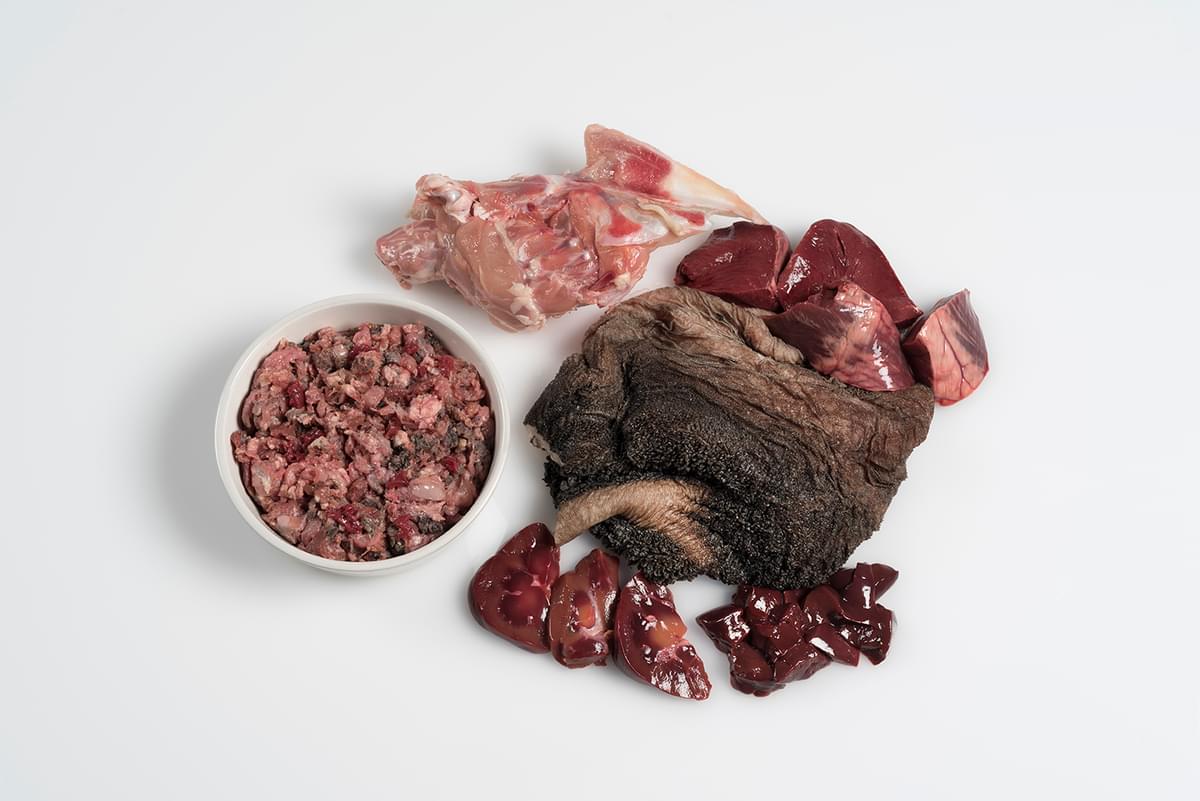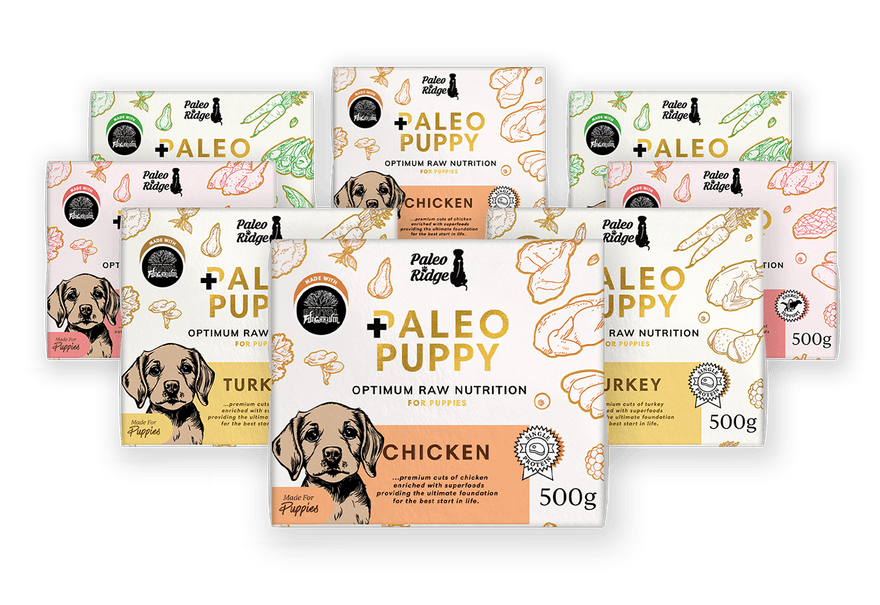As with any industry, there is a mix of sustainable and unsustainable manufacturers. Unfortunately, when conducting carbon emission studies for journalistic, rather than academic output, a “worst-case scenario” is often used as a standard for CO2 emissions. Without studying and replicating the study, I cannot validate any of the CO2 claims that the headlines are derived from. I can say for certain that the figures would not be the same for a dog fed purely on Paleo Ridge raw dog food.
As environmental leaders, Paleo Ridge are the “best-case scenario”, and by feeding Paleo Ridge as part of a sustainable approach to dog ownership; using compostable poo bags, eco-friendly toys, apparel and welfare products, you can vastly reduce your carbon footprint.
Raw dog food is manufactured using meat considered 'less-desirable' (tripe, offal and bone) for human consumption. These meats would otherwise be discarded or exported around the globe, so by utilising them, we are minimising potential carbon emissions. The integrity and quality of meats that we source are human-grade, but the demand for them in human consumption is so low, or non-existent in some cases to the point that there is a huge surplus of these materials.
In a carbon emissions study, the environmental impact should consider the carbon emissions against the alternative to get an accurate impact assessment. At present the assumption is that not producing pet food will result in zero carbon emissions. An accurate assessment, would consider the impact of manufacturing raw dog food versus the incineration or export of “less-desirable” meat like tripe.
